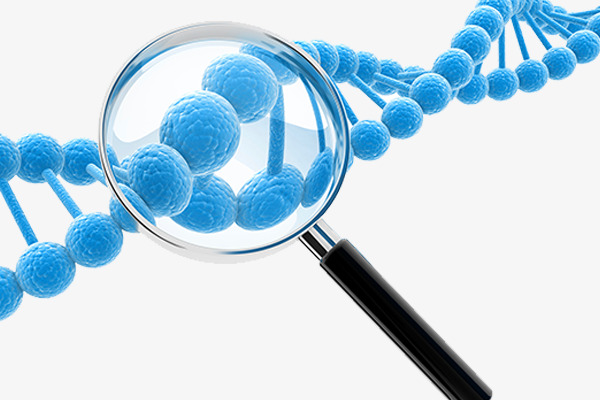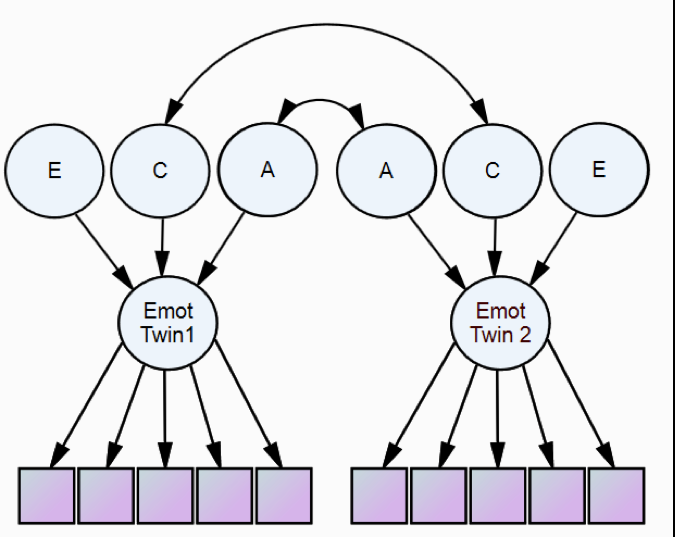
Mental health research does not aim to identify a single factor to “blame” for a disorder. Instead, researchers hope to understand the complex interplay of a number of different factors and use this information to generate new approaches to prevention and treatment. “Our mental health is the…









Recent Comments